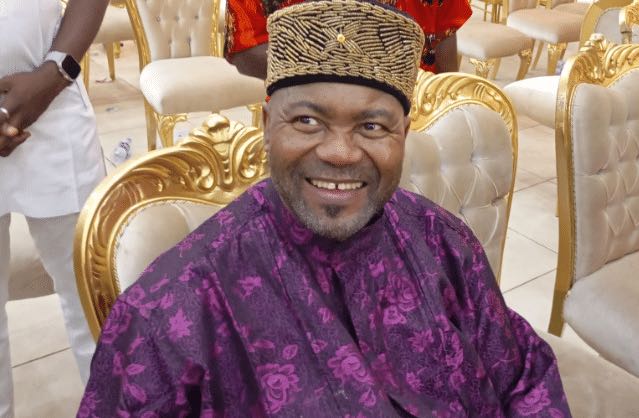Comercio Partners in a report has advised the Central Bank of Nigeria (CBN) to initiate a pilot stage of its e-Naira new product as a necessary first step before a full-scale launching of its digital currency it has planned for October 1, 2021. The report considered the pilot stage as a critical element of the successful full launch of the digital currency.
The report said: “While implementing the e-Naira and a digital wallet (DW) has the potential to bring numerous benefits to the Nigerian economy and its major stakeholders, including citizens, businesses, and all levels of government, a test run would seem a more appropriate action to take.”
It noted that 14 countries out of the 81 countries pursuing digitalization of their legal tender, including major economies like Sweden and South Korea, are now in their pilot stages and preparing a possible full launch.
The Comercio Partners noted that “when the governor of the CBN announced plans to introduce a new digital currency to the Nigerian monetary system at the MPC meeting in July, we assumed it was one of those far-fetched ideas that would necessitate extensive planning and technological infrastructure.
“Well, we guess that we were wrong. In a recent press statement, the CBN stated its plans to launch its Central Bank Digital Currency (CBDC) pilot scheme called the eNaira on October 1, 2021, with Bitt Inc, a financial technology company that utilises blockchain and distributes ledger technology to facilitate secure peer-to-peer transactions, as a technical partner.”
The report described the CBDC as the digital form of a country’s fiat currency that is also a claim on the central bank issuing electronic coins or accounts backed by the full faith and credit of the government. It also clarified that the CBDC in two major aspects are not the same as the cryptocurrency that most people are all familiar with.
“Firstly, the CBDC is a centralised type of currency, and it can erode the privacy of citizens, and secondly, it is fully backed by the government, which means Elon Musk’s tweets can’t influence the e-Naira.”
The report also observed that as at July 2021, only five out of 81 countries around the world were pursuing CBDC development, are currently still using them. These countries are Bahamian Sand Dollar was the first CBDC to become widely available. The others are Grenada, Saint Lucia, Saint Kitts and Nevis, and Antigua and Barbuda. The report also said that Gambia’s foray into the CBBC was short-lived.
It said: In November 2016, Banque RégionaledeMarchés (BRM), a regional Senegalese bank, announced the launch of the eCFA, a digital currency named after WAEMU’s (West African Economic and Monetary Union) hard currency CFA. The BCEAO (Banque Centrale des États de l’Afrique de l’Ouest) did not declare the eCFA legal tender in Senegal; rather, it was an experiment that the central bank could observe and learn from. The BCEAO however, quickly rebuked the eCFA digital currency for failing to comply with e-money regulations. The initiative lost traction once the BCEAO began to distance itself from the project, and it was canceled. Furthermore, the central bank stated that it had no desire to establish a CBDC in the near future.





